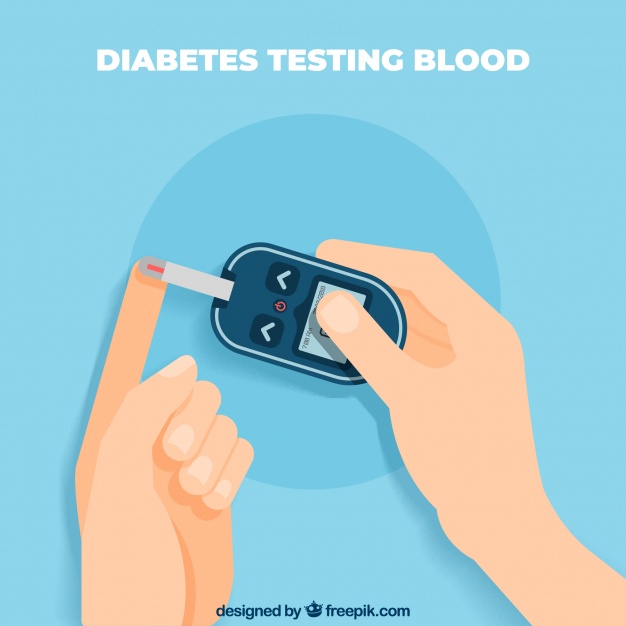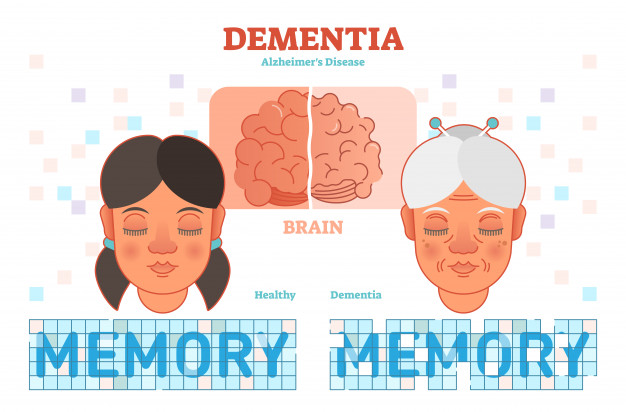Belly fat is more than just a cosmetic issue; it is a major health concern linked to various life-threatening diseases. Excess abdominal fat, particularly visceral fat, surrounds internal organs and increases the risk of chronic conditions. Medical experts consistently warn about the dangers of belly fat, which go far beyond weight gain and appearance. In this article, we’ll explore the five most critical health risks associated with belly fat and what you can do to mitigate them.
Dangers of Belly Fat
Increased Risk of Type 2 Diabetes

One of the most well-documented dangers of belly fat is its strong connection to insulin resistance and Type 2 diabetes. Visceral fat releases inflammatory substances known as cytokines, which interfere with insulin function and lead to higher blood sugar levels.
How Belly Fat Leads to Diabetes:
- Visceral fat reduces insulin sensitivity, making it harder for the body to regulate blood sugar.
- Excess belly fat triggers chronic inflammation, which contributes to pancreatic dysfunction.
- Increased fat accumulation in the liver can lead to non-alcoholic fatty liver disease (NAFLD), a common precursor to diabetes.
Scientific Evidence:
According to a study published in the Journal of the American Medical Association (JAMA), individuals with excessive visceral fat are up to three times more likely to develop Type 2 diabetes compared to those with lower levels of belly fat (source).
How to Reduce Your Risk:
Reduce sugar and processed food intake to prevent insulin spikes.
Maintain a low-glycemic diet rich in whole grains, lean protein, and healthy fats.
Engage in regular exercise, especially resistance training and aerobic workouts.
Increased Risk of Metabolic Syndrome
Belly fat plays a major role in the development of metabolic syndrome, a cluster of conditions that significantly increase the risk of heart disease, stroke, and diabetes.
Signs of Metabolic Syndrome Include:
- High blood pressure
- Elevated blood sugar levels
- Excess body fat around the waist
- Abnormal cholesterol levels (high triglycerides, low HDL)
The Link Between Belly Fat and Metabolic Syndrome:
Studies indicate that people with waist circumferences over 40 inches (men) and 35 inches (women) are at a significantly higher risk of metabolic syndrome (source).
How to Lower Your Risk:
Reduce stress, as chronic cortisol levels can lead to more abdominal fat storage.
Focus on portion control and a balanced diet with plenty of fiber and lean proteins.
Increase physical activity—a combination of cardio and strength training is highly effective.
Increased Risk of Certain Cancers

Excess abdominal fat has been linked to higher risks of developing various cancers, including breast, colorectal, pancreatic, and liver cancer.
How Belly Fat Contributes to Cancer:
- Inflammation: Visceral fat releases inflammatory chemicals that promote tumor growth.
- Hormonal Imbalance: Belly fat increases estrogen production, a risk factor for breast and ovarian cancer.
- Insulin Resistance: High insulin levels are associated with a greater likelihood of colorectal and pancreatic cancer.
Scientific Evidence:
A study published in The Lancet Oncology found that obesity-related inflammation is a leading cause of cancer development (source).
Preventive Measures:
- Adopt an anti-inflammatory diet with plenty of vegetables, nuts, and omega-3 fatty acids.
- Avoid processed meats and high-sugar foods that can promote insulin resistance.
- Maintain a healthy weight through regular exercise and portion control.
Increased Risk of Cardiovascular Disease (CVD)

Belly fat significantly increases the likelihood of developing heart disease, high blood pressure, and stroke. The accumulation of visceral fat affects heart health by increasing cholesterol levels and promoting atherosclerosis (plaque buildup in arteries).
How Belly Fat Harms Heart Health:
- Raises bad LDL cholesterol while lowering good HDL cholesterol.
- Leads to arterial inflammation, making the heart work harder.
- Increases blood pressure, a major contributor to stroke and heart failure.
Scientific Data:
According to the American Heart Association (AHA), people with high visceral fat have a 60% greater risk of heart disease than those with a lower waist circumference (source).
How to Protect Your Heart:
- Follow the Mediterranean diet, which is rich in healthy fats, whole grains, and lean proteins.
- Engage in at least 150 minutes of moderate exercise per week, such as brisk walking or cycling.
- Monitor cholesterol and blood pressure levels regularly.
Increased Risk of Dementia and Cognitive Decline

Belly fat is not only a threat to physical health but also to brain function. Research suggests that visceral fat increases the risk of Alzheimer’s disease, dementia, and cognitive decline.
How Belly Fat Affects Brain Health:
- Promotes chronic inflammation, which damages brain cells.
- Increases insulin resistance, which has been linked to memory loss.
- Reduces blood flow to the brain, impairing cognitive function.
Scientific Evidence:
A study published in Neurology found that individuals with higher levels of belly fat have a 30% increased risk of dementia later in life (source).
How to Protect Your Brain:
- Eat brain-boosting foods such as fatty fish, berries, and leafy greens.
- Engage in mental exercises like puzzles, reading, and learning new skills.
- Stay physically active, as exercise improves blood circulation to the brain.
Final Thoughts
Belly fat is not just a matter of aesthetics—it’s a serious health hazard that increases the risk of diabetes, metabolic syndrome, cancer, cardiovascular disease, and dementia. If you have excess belly fat, making small but effective lifestyle changes can help you improve your health and longevity. Focus on a nutritious diet, regular physical activity, and stress management to reduce your risk of these life-threatening conditions.
Start Today!
Take action now by incorporating healthier eating habits and an active lifestyle. Your body—and your future self—will thank you!









